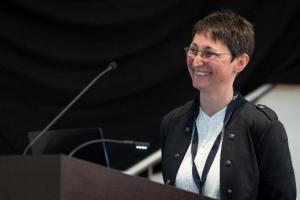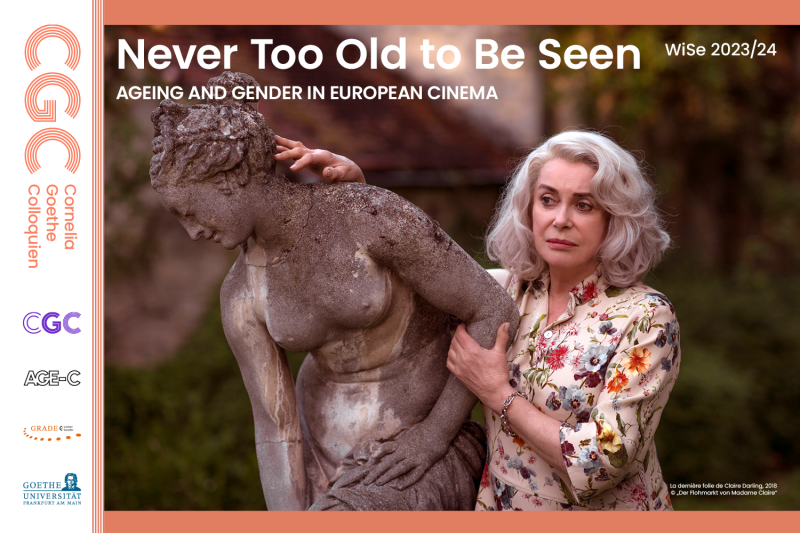In spite of their peripheral situatedness and scarce(er) resources, 21st century European small national cinemas are overrepresented as far as the moving image-based, narrative fictional articulation of the ageing, childless, or infertile woman, fighting an ecological(ly) inspired ‘war’, is concerned. Our presentation shall examine the phenomenon along three subhypotheses.
1. Older women might appear more frequently in decision-making positions in small national film and television production cultures – such as the presently considered Danish, Hungarian, Icelandic, Greek, Lithuanian, Slovakian, Swedish, or the Romanian one(s) – and their involvement is essential with regards to ‘proposals’ to reimagine female existence past youth and fertility.
2. These lonely women characters, performing small charities or sabotage actions on behalf of nature and the environment, are a 21st century actualization of the stereotype, also archetype, of the caring woman, possibly wise, old, a witch or a priest, even a deity – a way to engage with climate trauma through a powerful yet ‘cost-effective’ method, so important for scarce(er)-resource small national film and television cultures.
3. The explicit childlessness and/or infertility, as well as the pronounced ageing process of the heroines might be linked to the grandmother theory advanced in behavioural ecological thinking. “A woman could not invest fully in her grandchildren if she went on having children of her own” suggested Richard Dawkins in The Selfish Gene in 1976, offering thus an explanation “of the evolution of the menopause in females” (Dawkins 115-116).
With the overall ageing of the population in a European Anthropocene context, the tendency is more pronounced in the case of women – who simply live longer than men – and it is even more evident in scarcer-resource small national contexts of grand/mothers. Thus, these proposals to reimagine female existence in the Anthropocene through the stereotype of the lonely ecological terrorist, the archetype of the wise old woman, and in the character of ‘mothers as grandmothers’ must be considered in detail.

Dr. Andrea Virginás is Associate Professor in the Faculty of Theatre and Film, Babeș-Bolyai University, Cluj-Napoca. Author of Film Genres in Hungarian and Romanian Cinema: History, Theory, Reception (2021), Bolyai János Research Fellow of the Hungarian Academy of Sciences (2021-2024), project leader of "Cultural Traumas in Contemporary European Small National Cinemas" (Romania, 2022-2024), and Romanian unit responsible in "AGE-C: Aging and Gender in European Cinema" (2023-2027).

© Tibor Danilics
Boglárka Angéla Farkas is a PhD student in Film Studies at Babeș-Bolyai University (Cluj-Napoca, Romania). Along with her mentor, Dr. Andrea Virginás, she worked on several research projects, most predominantly regarding Transylvanian film. Currently, she is involved in two research projects, "AGE-C Ageing and Gender in European Cinema" and "Cultural Traumas in Contemporary European Small National Cinemas".
The Cornelia Goethe Colloquia are an open discussion forum for interdisciplinary women's and gender studies. Interested parties are cordially invited!

